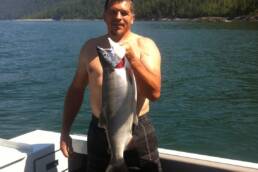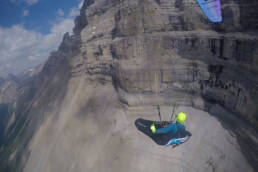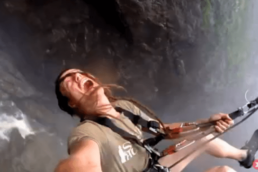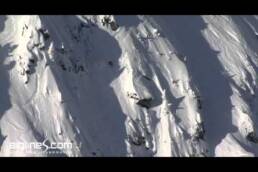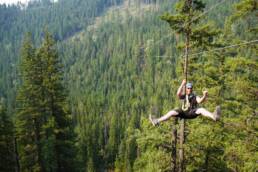In the recent issue of Kootenay Mountain Culture magazine we wrote about the strange story of Castlegar, British Columbia, angler Denis Woodcox who landed what might have been the world’s largest Kokanee salmon on Lower Arrow Lake. The DNA results just came in and you won’t believe it. Here’s the tale.
The staff at Mountain Culture Group just heard from fish biologist Matt Neufeld of BC’s Ministry of Forests, Lands and Natural Resource Operations regarding the DNA test of a fish that was landed on Lower Arrow Lakes. The results confirmed that the fish in question was indeed a Kokanee salmon. Other testing revealed the Kokanee was seven years old and weighed 12.1 pounds (5.4 kg). That’s almost three pounds bigger than the Kokanee caught by Ron Campbell of Pendleton, Oregon, on Wallowa Lake in 2010, which is the official world record according to the International Game Fish Association.
Despite the DNA confirmation, Denis will never be awarded with an official designation because, well, he ate the results. Click the play button below to hear Denis’s response to learning the results of the DNA test.
The tale of Denis and the world’s largest Kokanee is indeed a strange one. Below is the article that appeared in the latest issue of Kootenay Mountain Culture magazine. At press time the DNA results had yet to come in but now we can confirm that the massive fish Denis caught was a Kokanee salmon that “tasted beautiful.”
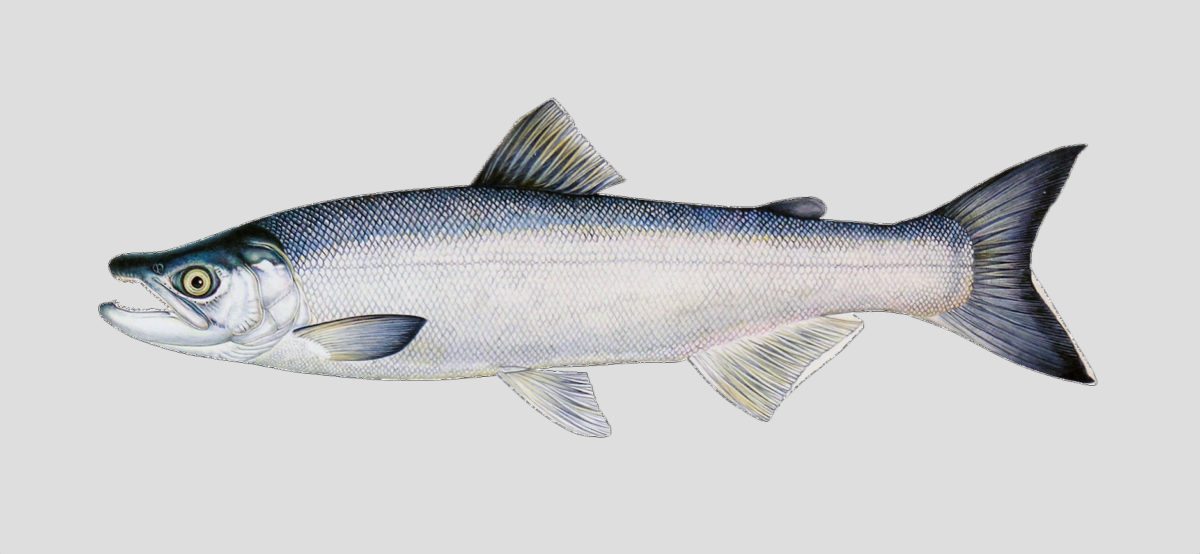
On a hot day in August 2015, Castlegar, British Columbia angler Denis Woodcox was boating on Lower Arrow Lake, when he spotted a large fish floating. He cruised over and, because he had forgotten his net, reached in with two hands and grabbed what he thought was a carcass. Suddenly the fish struggled, and it was all he could do to toss it into the boat.
Because of its size, he took it to be a trout and snapped some photos. Then he went home, filleted it, smoked the meat and stored the head, fins and bones in his freezer to discard later. “I thought about the dark meat though,” he says, “and started wondering, ‘was that a Kokanee’?” If so, it was the largest he’d ever seen.
Eventually the remains were brought to provincial government biologists and it was concluded the fish was seven years old and weighed 5.5 kilograms (12.1 pounds), 1.4 kg larger than the official world record Kokanee caught in Oregon. At press time the DNA results hadn’t come in confirming it was a Kokanee, but senior fish biologist Jeff Burrows believes it.
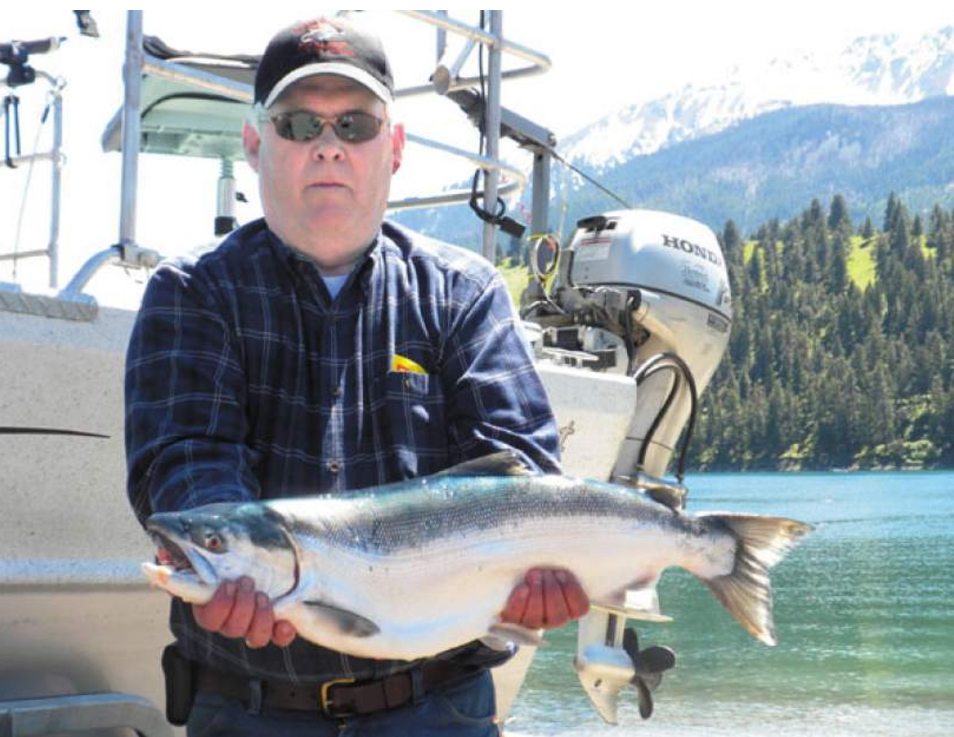
“It was a Kokanee for sure,” says the Ministry of Forests, Lands and Natural Resources Operations employee, “but it was absolutely huge.” He theorizes it could have been a rare triploid, meaning it was sterile, so rather than spawning and dying at four years old, it kept living, eating and getting bigger.
Whatever the fish was, Woodcox says it “tasted beautiful.”
Vince Hempsall
Vince Hempsall lives in the beautiful mountain town of Nelson, British Columbia, where he spends his time rock climbing, backcountry skiing and mountain biking (when not working). He is the editor of Kootenay Mountain Culture Magazine and online editor for the Mountain Culture Group.
Related Stories
How One Man Broke a World Record Paragliding The Rockies
Talk about tales from the gripped. Paraglider Benjamin Jordan shares his first-hand reports from a record-breaking…
The Craziest Rope Swing in The World
Oh. My. God. This is absolutely terrifying. The look on their faces tells you just how terrifying it must have…
2012 Freeskiing and Freeride World Tour
2012 Freeskiing and Freeride World Tour was in Revelstoke BC on Jan 4-11. Mens Results, -Canadian Kye Petersen took…
Getting High on the Kokanee Mountain Zipline
Our writer savours the Kokanee Mountain Zipline, Nelson’s newest forest-soaring tourist attraction. As a rock climber I…
Teen Kootenay Photographer Captures World Supercross Championships
Conrad Swetland sets up track-side at Seattle’s Monster Energy AMA Supercross and snapped the action for this exclusive…


